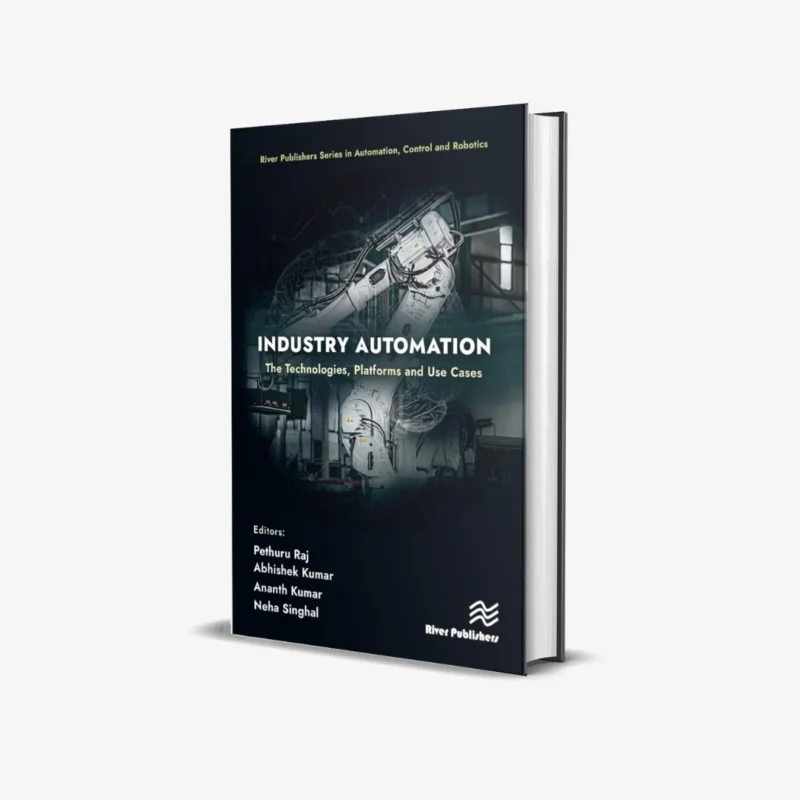This book details cutting-edge technologies, versatile tools, adaptive processes, integrated platforms, and best practices of digitized systems. With the faster maturity and stability of digitization and digitalization technologies, all kinds of physical, mechanical, and electrical systems in our everyday environments (homes, hotels, hospitals, manufacturing floors, etc.) have become digitized systems. Such technology has empowered systems to gain the power to join and contribute to fulfilling the goals of modern computing. Such digitized entities assist in producing and deploying hugely complicated yet sophisticated context-aware services and applications. The other principal contribution is capturing environmental data in real-time and enabling local data processing to bring forth actionable insights. This facilitates insight-driven decisions and deeds. Precisely speaking, the aspects of real-time knowledge discovery and dissemination enable the creation and delivery of real-time and real-world features and functionalities.
All industrial artifacts are being digitized, connected, and empowered to be cognitive in their operations, offerings, and outputs. By smartly leveraging a dazzling array of digital technologies and tools, the interaction and collaboration with human experts become hugely simplified and speeded up considerably. Such cognition-enabled industrial machinery, equipment, appliances, assembly lines, robots, vehicles, drones, and other assets collectively provide an intelligent environment to envisage and realize state-of-the-art industry 4.0 and 5.0 applications. Every industrial process gets optimized and automated to produce next-generation products to ensure customer delight, explore fresh avenues to enhance revenues and embark on higher productivity.
In addition, there are chapters illustrating industrial use cases, infrastructure optimization, technology assimilation, and AI-powered data analytics toward industry automation.









Reviews
There are no reviews yet.